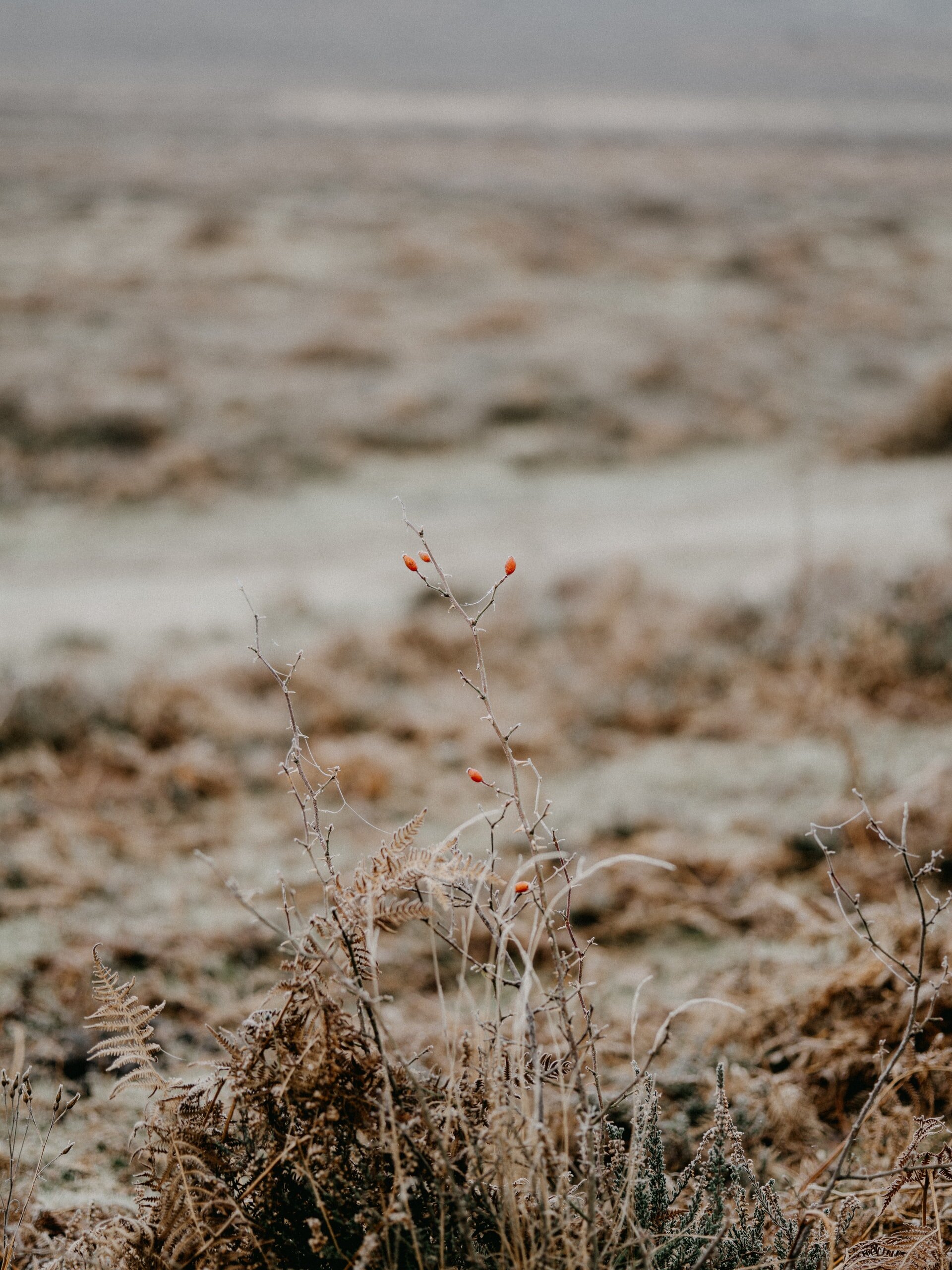The myth of being strong and why it's OK to let your vulnerability show
I can still hear myself say, many years ago, "I'm so independent, so strong", my voice full of pride. Gosh how wrong I was. I used to be proud that I was able to take care of myself, that I didn't need anyone. I think differently now…
I've realised that there is a difference between being too scared to open up and being proud of emotionally depending only on oneself. I wonder.... Are we not depending on anyone because deep down we are too frightened to surrender and let ourselves be truly seen by another person? Do we fear our so-called "negative feelings" are a burden or that people will dislike us if we show our inner struggles? And do we mask these worries underneath a pretence of independence and strength?
I decided to investigate. Here are my findings.
If you’d like to start straight away yourself, register here for our free coaching mini-course:
What is emotional strength according to my coaching clients?
What is your view? What does it mean to be strong? How do you treat yourself when you are having a hard time? The answers of some of my clients, when they first arrive, are a surprise even to themselves. They know about being vulnerable, being kind to oneself, and to have compassion with themselves when they struggle. Yet the way they actually talk to themselves in their own heads is quite the opposite. Here are some variations of what they, and maybe you too, are telling themselves:
to not cry, idealy not even with my coach or therapist
to ask for help is a sign of weakness, it could be used against me one day
to rely on myself and not need anyone, as independence is a sign of strength
to "man up" and count my blessings, even if I’m feeling sad inside
sharing my struggles is a burden to others, especially to friends as they have enough on their plates already and don’t need my stuff on top of it
not to show my challenges or weaknesses, especially not at work
always appear on top of it all and be cheerful. And if not, pretend
ideally, to always feel in control.
Fascinating answers. And they find themselves visiting me, a Life & Career Coach, Counsellor & Psychotherapist. Deep inside they realise their philosophy is failing. That being strong as the above definitions describe doesn't work for them. Or not any more.
Life Coaching for Vulnerability, Confidence and True Strength
Brene Brown: Power of Vulnerability & Daring Greatly
My new favourite hero Brene Brown came up with a different version of emotional strength. She talks about embracing vulnerability, and the power and courage of showing more of ourselves. She talks about being vulnerable. A few of her own words: daring to show more of ourselves, to open up, to share our true colours. To acknowledge that we deeply crave love and belonging. To take the risk of saying "I love you" first. To apologise and feel true remorse when we've made a mistake. To be uncertain and exposed, instead of trying to appear perfect. She calls it an invitation to be courageous; to show up and let ourselves be truly seen, even when there are no guarantees.
Watch Brene Brown's TED talk, read her book "Daring Greatly” and decide for yourself if you're intrigued to join me and many others to live more fully, to be more deeply connected to self and others, and to experience true intimacy by being more vulnerable.
The Power of Vulnerability
“To show up and let ourselves be truly seen, even when there are no guarantees.” - Brene Brown
This is what shifts internally when coaching clients dare to let go and be truly seen
I'm so proud when my clients dare to let go. When their holding on to staying composed and keeping it all in gradually disappears. Might it be that we pretend to be fine, because we don't trust that someone will be there when we fall? That we fear people will stop respecting/promoting/loving us when they see what's truly inside? And yet, when my client's tears, anger, hurt and disappointments come to the surface, sometimes rather messy... I feel so proud. Because I believe it really takes more strength, more courage, more bravery to let it go, to let it out, than to keep it in. To trust that, even after they have told or shown me the parts they feel most ashamed about, I will still care about them. And if I do, maybe they can love these parts of themselves too, and might that mean others might care as well...?
Intimacy - Into Me You See
Guru Pitka in the movie The Love Guru says it best: Intimacy = Into Me You See. To let ourselves be truly seen. And this takes great trust.
Developing a supportive inner parent for your wounded inner child
And then what? What comes after the opening up and letting it all out?
I believe the next step is about your ability to contain. Not as in "suppress, hold in, restrain", but differently. Let me try to explain. After the ability to let go and dare to cry in someone's arms there comes a new phase. A phase where there is no need any more to share your hurt. You can, but don’t need to anymore. Because a new type of inner strength has been build.
Imagine a child that unfortunately had no emotionally available mother or father figure (because they were for example emotionally incapable, too distracted with their own worries, ill or absent) to be with in the child's moments of sadness and hurt. This child might go to his or her room and "deal" with the pain by themselves. Becoming "independent", and learning not to need anyone any more. Growing up as an adult never letting anyone see their inner turmoil. Thinking how proud and strong they are, not to need anyone. But then something happens that makes this defence mechanism crumble. And after lots and lots of fighting against it, eventually the flood gates break and the hidden waves of repressed feelings come to the surface. Messy, painful, unpleasant and yet weirdly relieving, refreshing. And imagine someone is there, to care and witness and be with you through this process. A friend, a therapist, a family member. Who smiles kindly, encourages, holds you, simply present. Like a parent for a weeping child, reassuring, patient, loving. At times almost physically painful, from so deep the pain is released. And because someone is there for you, slowly a new inner layer gets build, over time. A deep foundation of your Self.
The journey from wouded child to nurturing inner parent
Psychotherapists call this the development of your inner parent, who can take care of your inner wounded child. You integrate the external person who is there for you as a part of your own psyche. It's like, when someone else is kind to your distressed feelings, you develop the capacity to be kind to yourself, even to the most messy, vulnerable parts of yourself.
And further down the line, this inner parent becomes so calm and stable, it can contain the emotional turmoil. It's a delicate process of growth resulting in true inner strength. Which over time comes with the ability to choose: shall I share, or shall I contain? Not hold in due to fears of shame, exposure or rejection, but self-containment from a place of true, balanced, solid emotional strength.
I'm smiling while writing these last lines. No wonder this thing called "personal growth" is a life-time(s) commitment for all of us.









